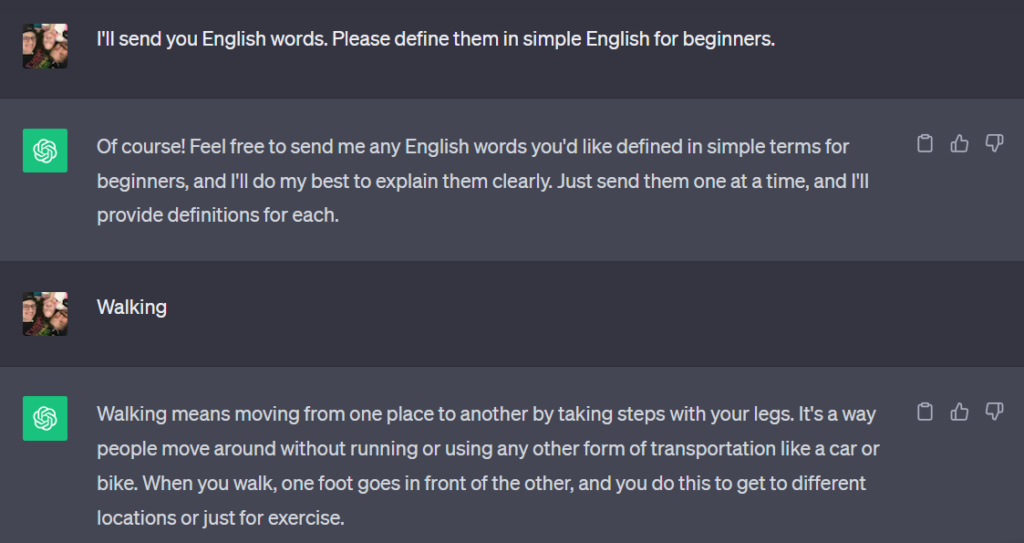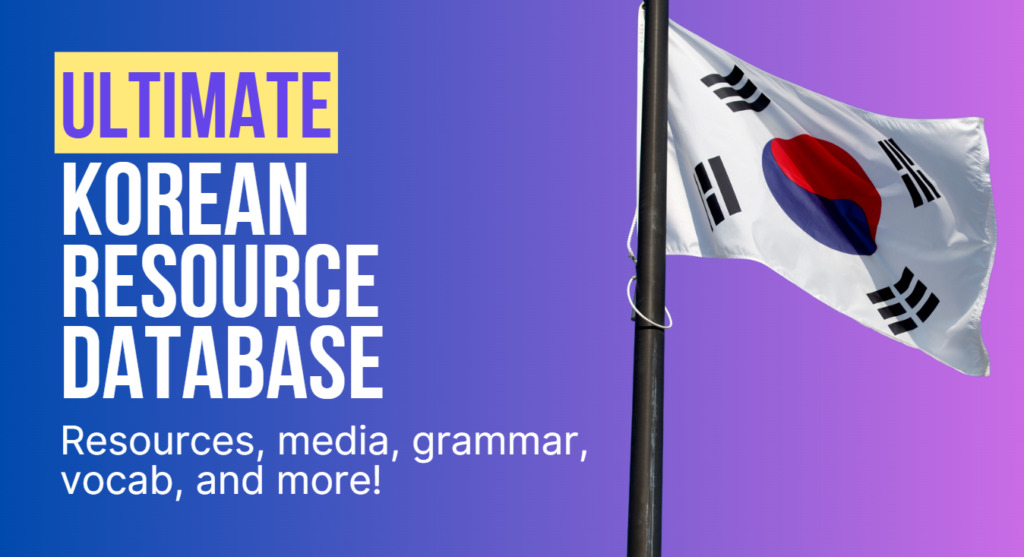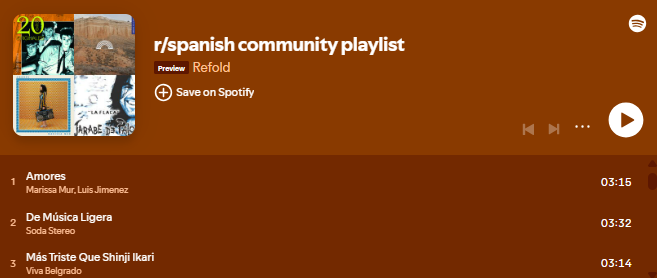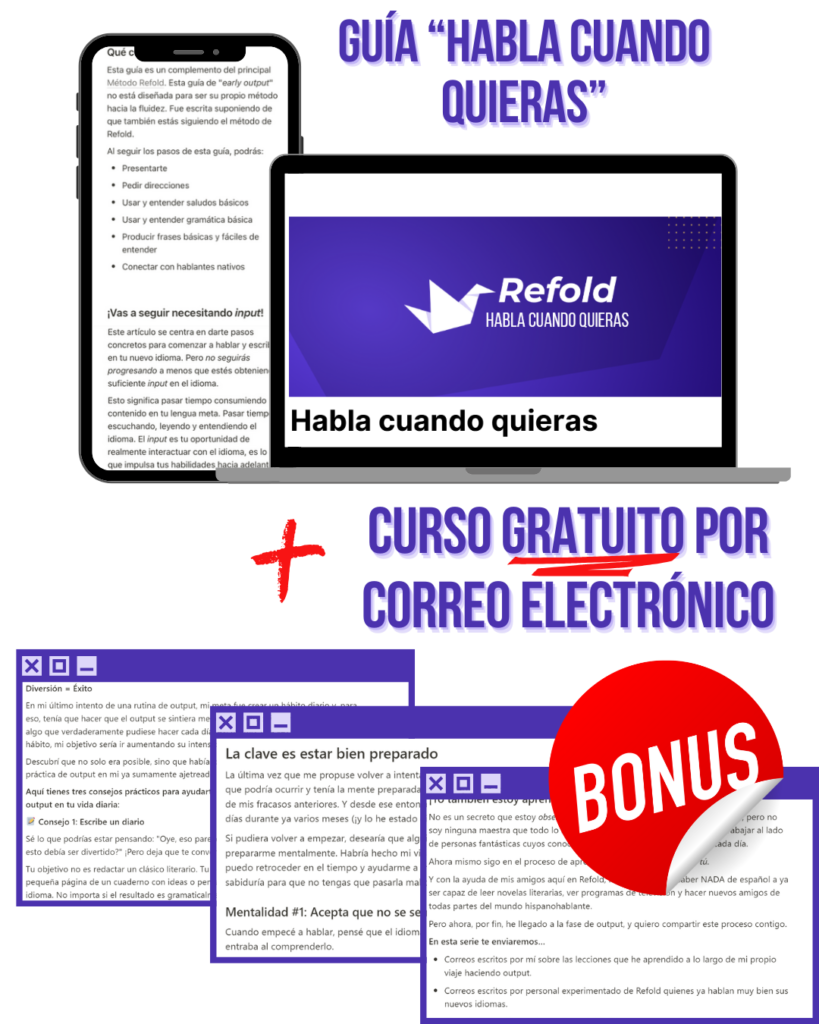In recent years, artificial intelligence (AI) has transformed many aspects of our daily lives, and language learning is no exception.
If you’re on a journey to learn a new language, you’ve probably relied on bilingual dictionaries at some point (shoutout to spanishdict.com #notsponsored). But as you progress, translations alone won’t cut it. What if you could learn new vocabulary in a more nuanced, authentic way?
This blog will show you how to leverage AI tools, especially ChatGPT, to learn new words *without* relying on translations!
The Bilingual Dictionary: A Beginner’s Best Friend
When I first started learning Spanish, my trusty bilingual dictionary was my constant companion.

At the beginner stage, bilingual dictionaries are super helpful, allowing you to quickly grasp the basic meanings of new words with definitions in your native language.
But as you progress, you’ll start noticing their limitations. English translations often fail to capture the full nuance or vibe of words in your target language.
For example, if you look up “empalagar” (a Spanish word), a bilingual dictionary might define it as “to be too sweet.”

But “empalagar” goes beyond that—it conveys the feeling of being overwhelmed or even repelled by an excess of sweetness, whether literal (too much sugar) or metaphorical (overly sentimental situations).

The Challenge of Monolingual Dictionaries
Once you reach a certain level, you’ll likely be encouraged to switch to a monolingual dictionary — one that provides definitions in the language you’re learning. It’s a crucial step in language immersion but can also be daunting.
Why? Because these definitions often include unfamiliar words, or worse, they define words using the word itself.

After encountering definitions like this over and over, it’s easy to accept defeat and go back to a bilingual dictionary where looking up words feels simpler. But, should you?
Why Monolingual Dictionaries Are Still Important
Despite the difficulties, using a monolingual dictionary has some key benefits:
- Nuanced understanding: It provides full context and subtle meanings that translations might miss.
- Better fluency: It forces you to think in your target language, improving fluency over time.
- Word description skills: You learn to describe words you don’t know in your target language, which is a valuable skill in itself.
If only diving into monolingual definitions wasn’t so challenging, right?
Luckily, this is where the AI language learning tools come in to save the day.
Ease The Transition with a Personal AI Language Teacher
Thanks to free AI language learning tools, learners now have a powerful way to make the switch to monolingual dictionaries much easier. Instead of struggling with complicated definitions, you can ask ChatGPT to explain words in simpler terms.
Here’s the prompt I’ve enjoyed using (substitute [language] for your target language):
I’ll send you [language] words. Please define them in simple [language] for beginners without translating to English.

And if you don’t understand any of the words in the definition, reply with that word in a message to understand it! Like this 👇

How to Use ChatGPT to Learn a Language: Step-by-Step Guide
- Pick a word: Choose a word you want to learn.
- Ask ChatGPT for a definition: Use the prompt above to get a simplified explanation.
- Clarify further: If there are still words in the definition you don’t understand, ask ChatGPT for more clarification.
Closing the Gap to Native-Speaker Dictionaries
Once you’re comfortable with beginner-level definitions, you can gradually increase the difficulty!
Start by modifying the prompt to request more intermediate-level explanations:
I’ll send you [language] words. Please define them in [language] for an intermediate learner without translating to English.
This adjustment exposes you to more complex vocabulary, helping you bridge the gap between beginner definitions and native-speaker language. As you progress, continue raising the bar, eventually asking for definitions suitable for advanced learners.
This gradual approach makes the transition to native-speaker dictionaries smoother and less intimidating. Once you’re ready, you can start using actual dictionaries designed for native speakers of your target language.
Bonus Tip: Use AI for Language Learning Beyond Vocabulary
While we’ve focused on vocabulary, AI tools like ChatGPT can also help you with things like grammar!
Ask it to explain grammar rules in simple terms, or even use it to correct sentences in your target language! Click here to learn some more of the best AI language learning methods we have discovered so far!
Like what you see?
Sign up now and we'll deliver even MORE amazing content like this right to your inbox!
- Receive our exclusive 6 SECRETS to language learning success email course.
- Stay motivated with weekly emails overflowing with helpful language-learning tips, tutorials, and more!
- Get behind the scenes access into the inner workings of Refold!








